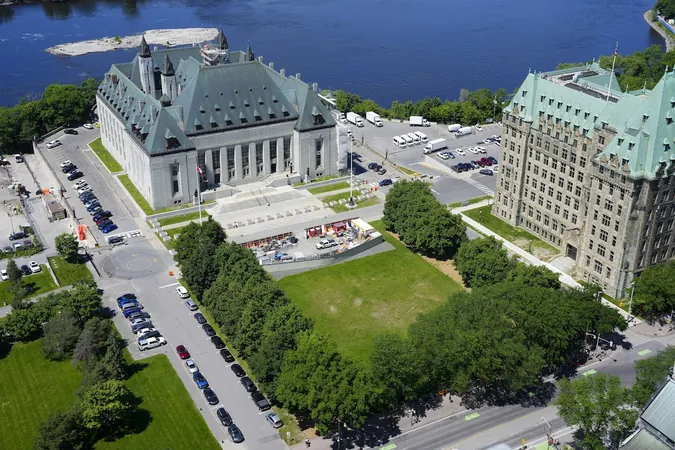
Ottawa Takes Bold Step: Supreme Court to Rethink Notwithstanding Clause Usage
2025-09-17
Author: Olivia
A Call for Clarity: Ottawa Challenges Supreme Court
In a significant move, Ottawa is urging the Supreme Court of Canada to redefine the regulations surrounding the government’s application of the Charter’s notwithstanding clause. This push underscores their belief that the judicial system should play a more substantial role in governing these critical matters.
A Historic Shift in Constitutional Law?
Should the Supreme Court embrace Ottawa's perspective, it would represent the first major constraints on how governments can invoke this clause since the Charter of Rights and Freedoms was introduced in 1982. This landmark request was outlined in a recent legal filing relating to Quebec's contentious secularism law.
Quebec’s Controversial Secularism Law Under Fire
In 2019, Quebec enacted Bill 21, a law designed to promote secularism which effectively uses the notwithstanding clause to insulate the legislation from judicial scrutiny. This legislation prohibits public employees—including teachers and police officers—from donning religious symbols such as crosses and hijabs while on duty. Many argue that it infringes on the fundamental freedom of religion for countless Quebec residents.
A Historic Supreme Court Examination Awaits
When the Supreme Court eventually hears the case concerning Bill 21—date yet to be determined—it will mark the first extensive review of the notwithstanding clause in nearly four decades. Prior rulings from 1988 allowed for expansive government usage of the clause, often with little oversight.
Divided Opinions: Ottawa vs. the Provinces
In its submission, the Liberal government has urged the Supreme Court to establish specific limitations on the use of the notwithstanding clause. However, provinces such as Quebec, Ontario, and Alberta are firmly against any restrictions, claiming that their political autonomy is at stake.
Proposed Limits on Government Power
Ottawa's suggested constraints advocate for judicial intervention to ascertain if the repeated invocation of the notwithstanding clause by any government leads to 'irreparable impairment' of Canadians' rights. They argue that abusing this clause—intended for temporary situations—could effectively alter the Constitution without the necessary amendment process. Ottawa insists that courts must maintain the authority to evaluate potential violations of these proposed limits, paving the way for a significant constitutional recalibration.

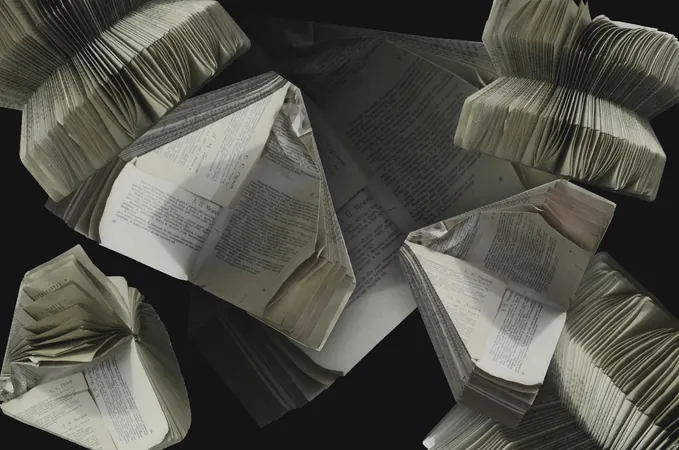


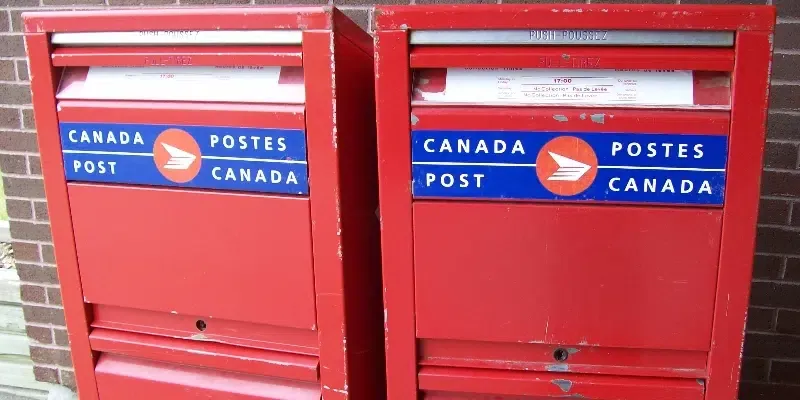
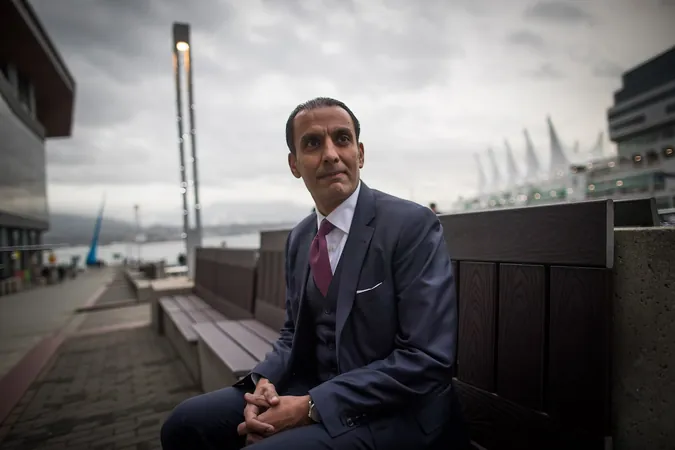


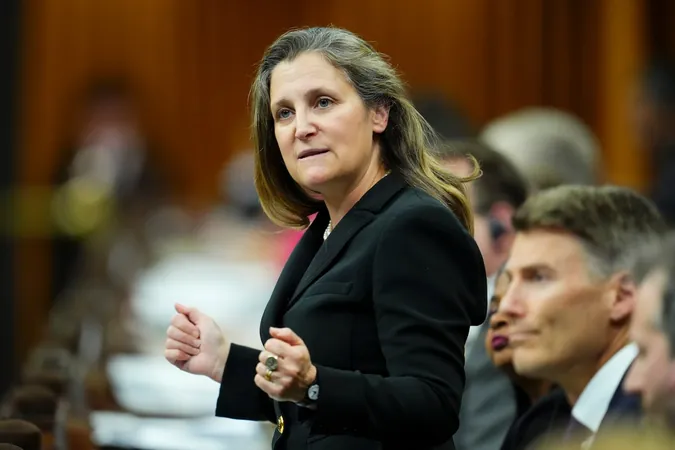
 Brasil (PT)
Brasil (PT)
 Canada (EN)
Canada (EN)
 Chile (ES)
Chile (ES)
 Česko (CS)
Česko (CS)
 대한민국 (KO)
대한민국 (KO)
 España (ES)
España (ES)
 France (FR)
France (FR)
 Hong Kong (EN)
Hong Kong (EN)
 Italia (IT)
Italia (IT)
 日本 (JA)
日本 (JA)
 Magyarország (HU)
Magyarország (HU)
 Norge (NO)
Norge (NO)
 Polska (PL)
Polska (PL)
 Schweiz (DE)
Schweiz (DE)
 Singapore (EN)
Singapore (EN)
 Sverige (SV)
Sverige (SV)
 Suomi (FI)
Suomi (FI)
 Türkiye (TR)
Türkiye (TR)
 الإمارات العربية المتحدة (AR)
الإمارات العربية المتحدة (AR)